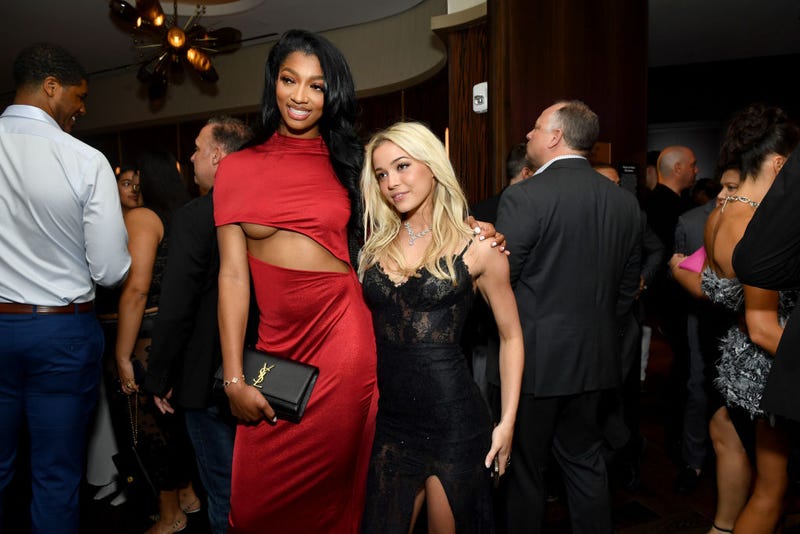
With a years-long conflict between Ukraine and Russia now joined by Israel’s fight against the terrorist organization Hamas and any number of more localized day-to-day American problems, including a federal House of Representatives that can't choose a Speaker, competing for the attention of the federal government, Congress Tuesday held what is now the 10th separate hearing on… college students’ NIL deals.
And Sen. John Kennedy of Louisiana was perplexed as to why this issue was commanding so much attention.
“What’s all the hubbub, bub?” Kennedy asked. “The kids start getting paid, and all hell breaks loose.”
“I mean, is that what is going on here?” he continued. “The fact that the money is being redistributed and that’s going to cause the world to spin off of its axis, because the kids are getting a share of the dough?”
The 2023-24 school year will be the third since name-image-likeness deals were legalized for college students, monetizing the value of athletes’ personal brands and allowing them to cash in on that value just as universities make bank off of their sweat equity.
The crux of the current discussion is whether a blanket set of federal regulations on NILs is necessary, as opposed to letting each individual state pass their own laws, a proposal preferred by the NCAA and backed by Sen. Ted Cruz of Texas and Sen. Joe Manchin of West Virginia, among others.
Manchin particularly seems to pine for the days of unpaid labor in the locker rooms.
“It’s hard to root for the kids when they’re multi-millionaires as freshmen and sophomores,” Manchin said Tuesday. (It should be noted that Manchin’s personal net worth was reportedly upwards of $7.6 million as of 2018, according to political watchdog site Open Secrets.)
But the new landscape of college athletics has its supporters in Washington, too.
“NIL has opened a new door for college athletes to benefit from the value they bring to their schools and communities,” Sen. Dick Durbin of Illinois said. “We should embrace this change, while also recognizing the potential pitfalls it brings with it.”
As far as regulating the endorsement deals, the NCAA’s administrators seem to be in lockstep in requesting the federal government’s intervention.
“The Big Ten strongly supports Congressional proposals that would codify benefits for student athletes that guarantee consistency across states and sports without the need to classify student athletes as employees,” Big Ten Commissioner Tony Petitti said at the hearing,
Southeastern Conference Commissioner Greg Sankey also addressed the issue at the SEC’s media days in July.
“The reality is, only Congress can fully address the challenges facing college athletics," he said. "The NCAA cannot fix all of these issues, the courts cannot resolve all of these issues. The states cannot resolve all of these issues, nor can the conferences. Whether congressional action is achievable is a matter of debate. Much debate.
“But educational opportunity, supporting equitable opportunities for men and for women, ensuring the United States' continued success in the Olympic Games, providing medical care, nutritional support, academic support, mental wellness counseling,” he continued, “these are nonpartisan issues that deserve a nonpartisan solution.”
Sankey also acknowledged that while there have been stories of students being taken advantage of by unscrupulous individuals, NIL has been “a net positive for young people.”
